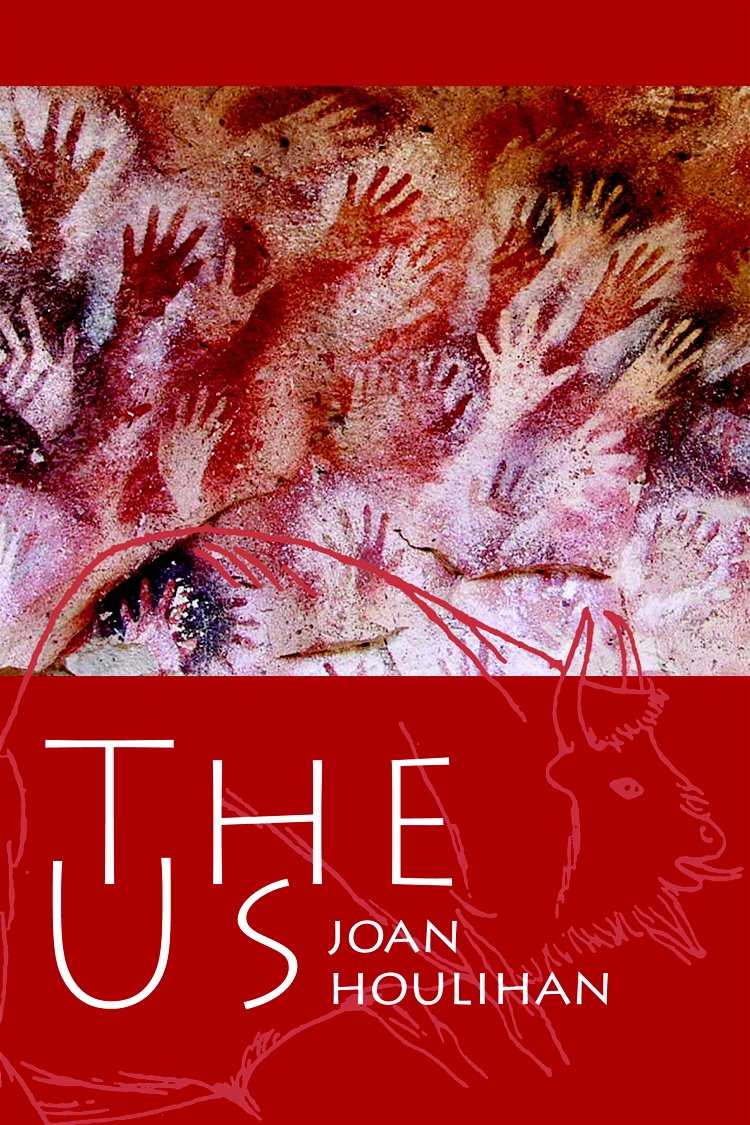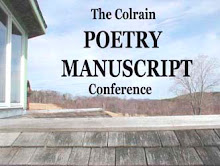So, being tagged has given me an excuse to fire up my blog and--who knows?--maybe I’ll start jotting some thoughts here again.
Meanwhile:
What is the working title of your book?Ay
Where did the idea come from for the book?
This book grew organically from, and is a sequel to, my previous book The Us, wherein Ay is the eldest son of the Us’ leader. In that book, Ay suffers a serious head injury that renders him silent and motionless (“locked-in syndrome”). In this book, he is propped up and worshipped as the group projects divine knowledge onto his stillness. He begins recovery and the development of a self apart from the Us through a series of interior monologues that advances both the plot and the development of his language.
What genre does your book fall under?
Poetry.
Which actors would you choose to play your characters in a movie rendition?
Well, since it’s poetry, I was going to say “not applicable,” but it’s fun to think about, so here goes: Daniel Day-Lewis or Viggo Mortensen for Ay, Kodi Smit-McGhee for Brae (Ay’s son), Javier Bardem for Greb (Ay’s nemesis) and Tilda Swinton for She (Ay‘s caretaker).
What is the one-sentence synopsis of your book?
Trauma begets separation; separation begets self-knowledge; self-knowledge begets empathy; empathy begets mercy.
Will your book be self-published or by a press?
It will be published by Tupelo Press later this year (2013).
What other books would you compare this to within your genre?
I wouldn't. Couldn't.
Please share a sample of the writing.
TREE-DARK, STRAYED far,
half-sunk in snow, unslept.
Face taken by winter, tight.
Greb never speaks.
From the ashpit
an ember, loaded with light.
From cold, a cold life grows.
Who or what inspired you to write this book?
This book is a sequel to The Us, itself a book inspired by many overlapping and converging events, thoughts, feelings, readings, some of which, in no particular order, include: the personal experience of helping a loved one through severe injury and rehabilitation, the doctrine of forgiveness in Catholicism, the history of the earliest inhabitants of the British Isles, preoccupation with true-crime television shows (Forensic Files, Body of Evidence), recovery shows (I Survived, Intervention), readings in the area of psychology (esp. Jungian) and neuropsychology (esp. Iain Gilchrist‘s The Master and His Emissary), interest in the development of language in people isolated from other human beings (“feral“ children), meditations by saints, case studies of awakenings and conversions (esp. William James The Varieties of Religious Experience), the films Persona, The Road, Vertigo, The Ring, Shadows of Forgotten Ancestors--and much more. Like most poetry, this poetry accreted over a very long time through many different influences, from life lived and from the life of the imagination.
What else about your book might pique the reader's interest?
That it holds what is human at its center. That it longs to connect its longing. That it strips language in order to free new shoots. That it lives.
You can find more on both Ay and The Us in this extended interview at Boston Review.
I invited several people to be my ”tag-ees” but so far, only one has definitely agreed: Donna Johnson, a terrific new poet whose first book, Selvage, is recently released from Carnegie Mellon Press.




